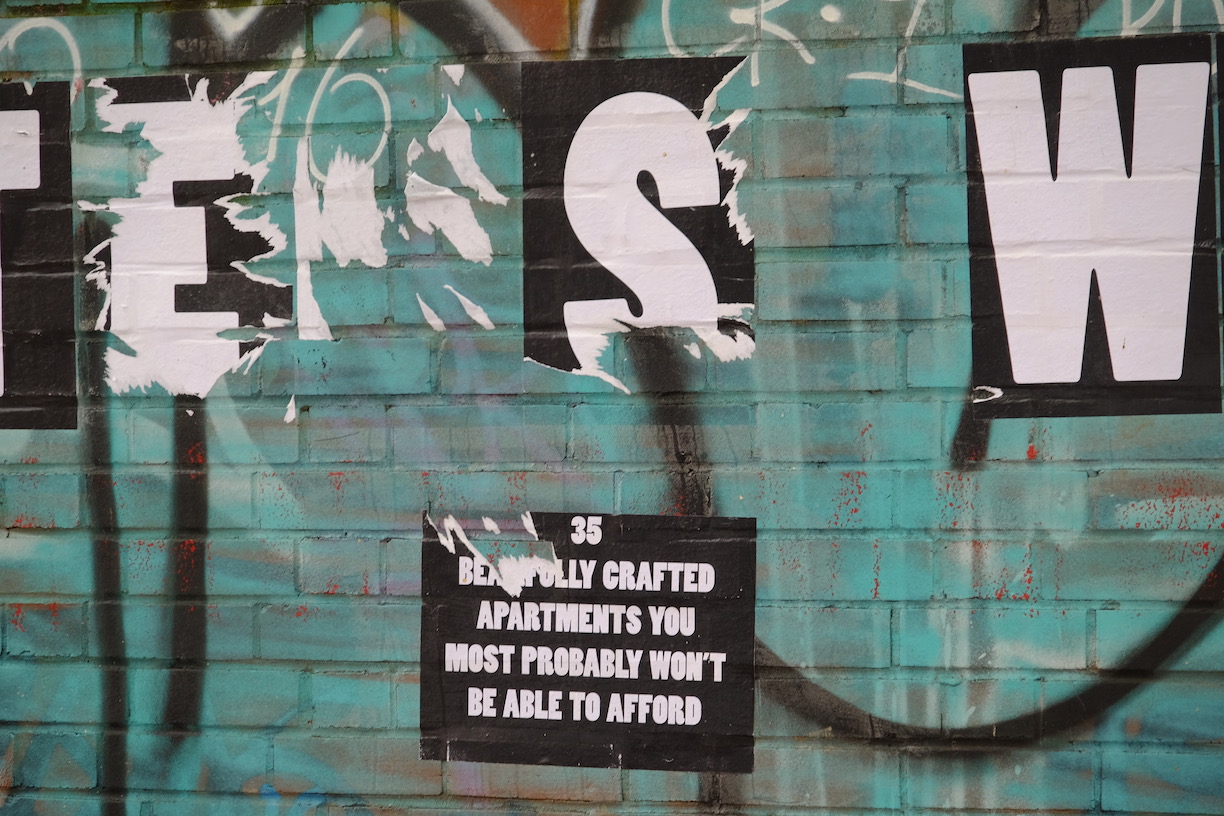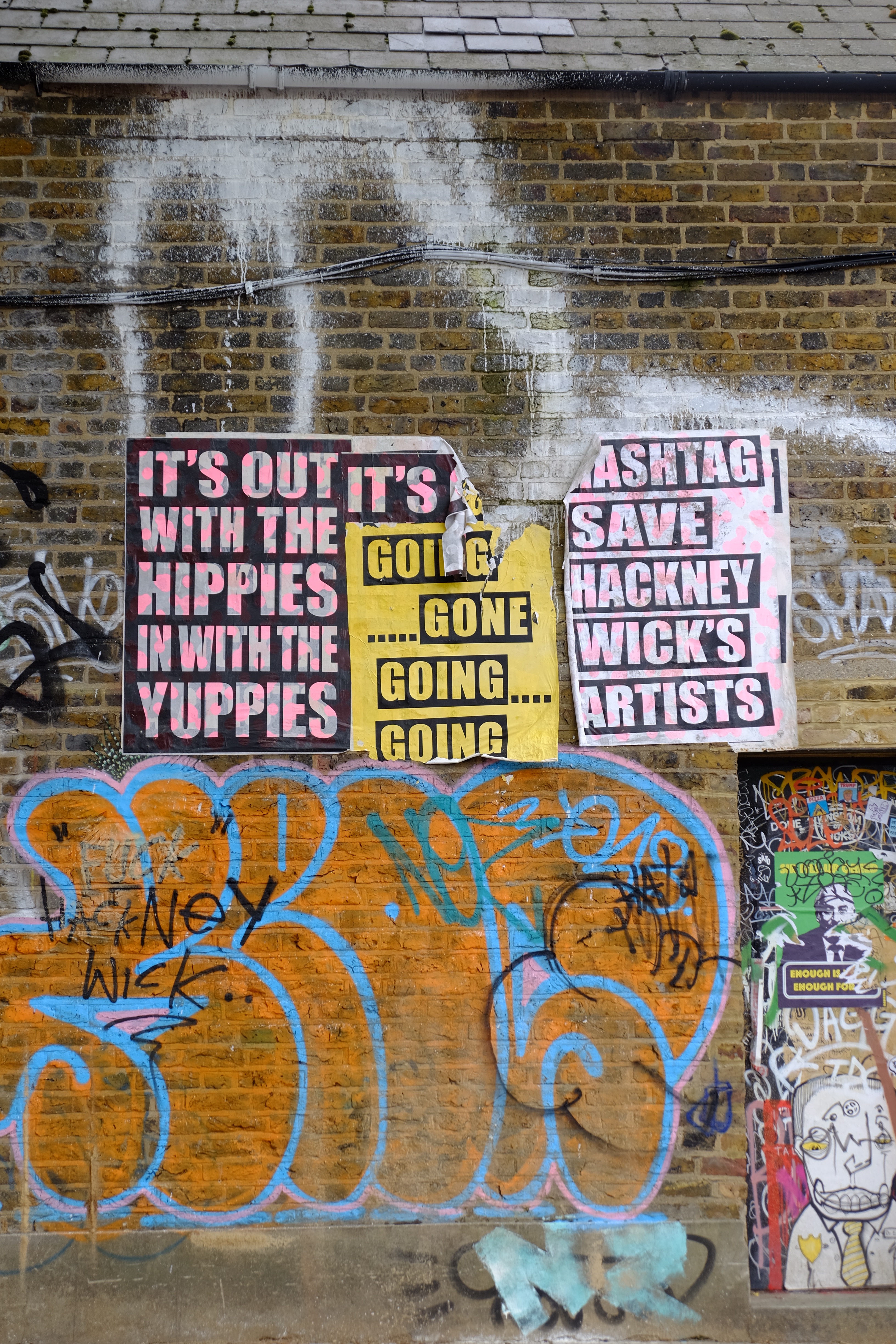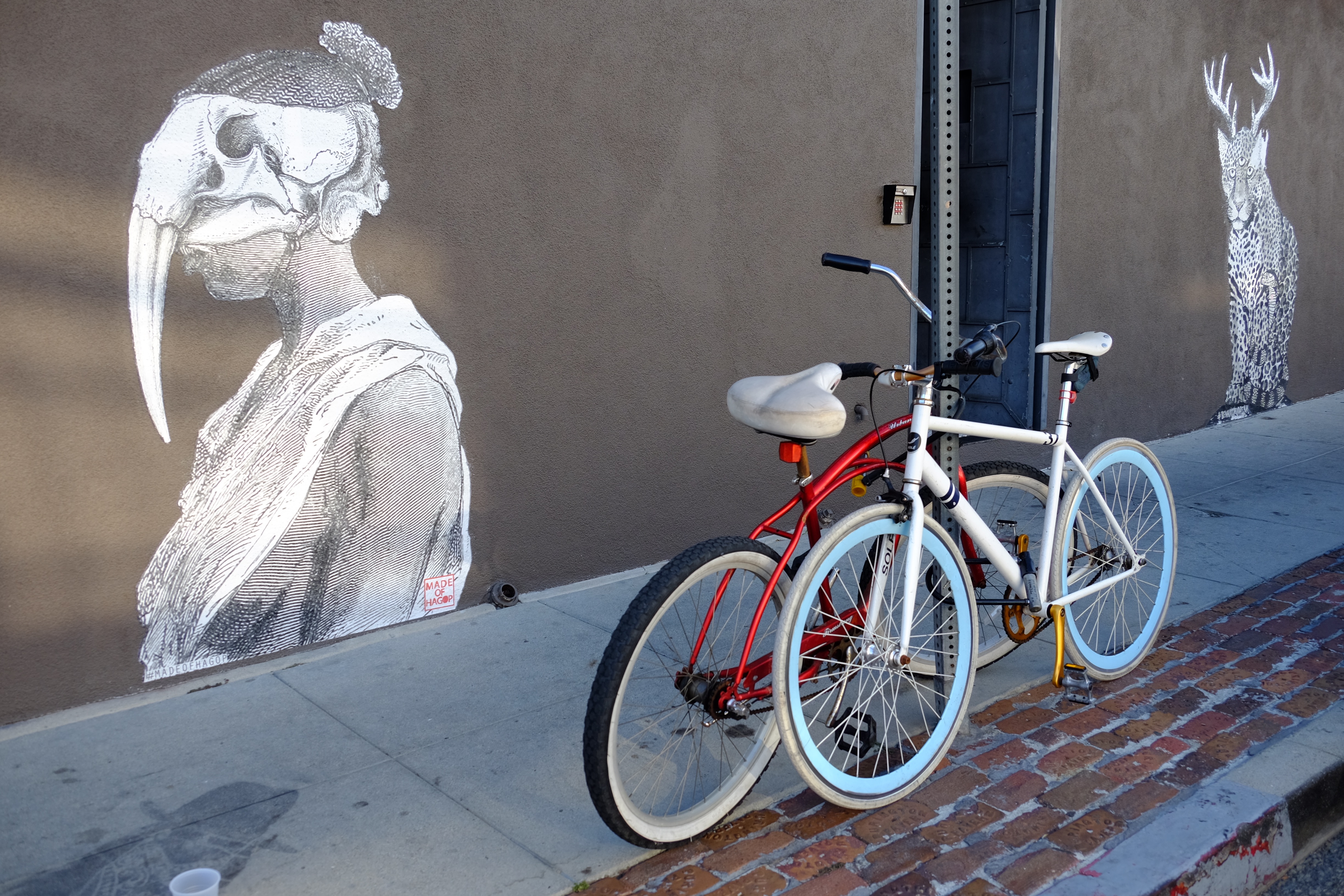Re-working encounter: the role of reflexivity in managing difference
Marked by high levels of diversity and gentrification, changing demographics in east London highlight the need for new analytical tools to examine how formerly familiar spaces must now be re-negotiated. Conceptual frameworks of habit and affect have informed the contemporary analysis of how encounters with difference unfold within transforming cityscapes. However, findings from a participatory research project with young people suggest a more reflexive management of classed and racialised encounters is occurring as accumulated cultural knowledge is tested and revised from which new practices emerge. Attention to processes of reflexivity highlighted the capacity of young people to consciously weigh options and choose a range of strategies under conditions of ‘breach’, including: degrees of acceptance of change; re-working space use through avoidance and adapting everyday practices such as dress and food; as well as developing attributes that enable engagement such as empathy. Feelings of judgement appeared as a dominant driver of reflexivity, while disposition and place contextualised and modified responses. Yet, while the possibilities for subjective re-evaluation and adaptation are apparent, the study raises questions of inequality in the expectation that young people are being asked to adapt to new cultural norms not of their making.


